UK Clinical Neuropsychology
Neuropsychological Assessment
Neuropsychological Assessment
The purpose of neuropsychological assessment is to understand an individual’s mental function by identifying their strengths and weaknesses so as to help inform the support needed and enable them to move forward positively.
Typically a neuropsychological assessment involves an interview and the administration of tests. The purpose of the interview is to take a history and gain an understanding of current functioning. Tests are administered to objectively evaluate thinking skills. Additional information might also be collected in the form of questionnaires, monitoring forms and other documentation including previous reports.
Neuropsychological assessments aim to evaluate thinking skills such as memory and the ability to problem solve; psychological functioning; personality; social behaviour; and some areas of physical functioning such as fatigue and sleep. Of interest is the impact of any difficulties on the ability to complete everyday tasks such as household duties as well as to fulfil important roles including those associated with study, work, hobbies and relationships.
When completing a neuropsychological assessment it is often useful to involve both the person who has sustained the brain injury and significant other/s, in order to obtain a clear picture.
The purpose of neuropsychological assessment is to understand an individual’s mental function by identifying their strengths and weaknesses so as to help inform the support needed and enable them to move forward positively.
Typically a neuropsychological assessment involves an interview and the administration of tests. The purpose of the interview is to take a history and gain an understanding of current functioning. Tests are administered to objectively evaluate thinking skills. Additional information might also be collected in the form of questionnaires, monitoring forms and other documentation including previous reports.
Neuropsychological assessments aim to evaluate thinking skills such as memory and the ability to problem solve; psychological functioning; personality; social behaviour; and some areas of physical functioning such as fatigue and sleep. Of interest is the impact of any difficulties on the ability to complete everyday tasks such as household duties as well as to fulfil important roles including those associated with study, work, hobbies and relationships.
When completing a neuropsychological assessment it is often useful to involve both the person who has sustained the brain injury and significant other/s, in order to obtain a clear picture.

